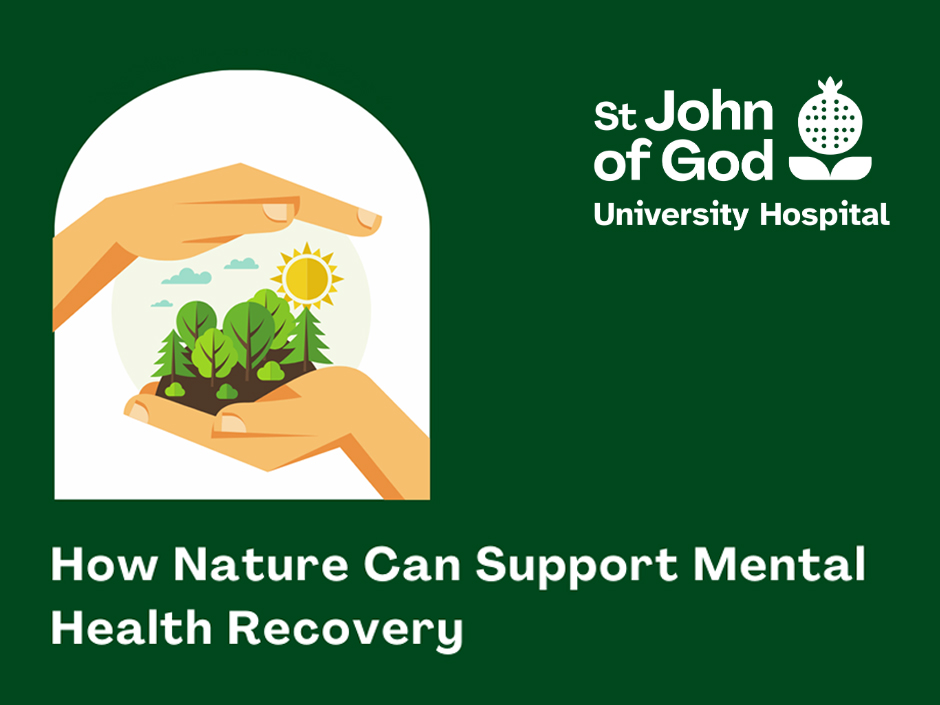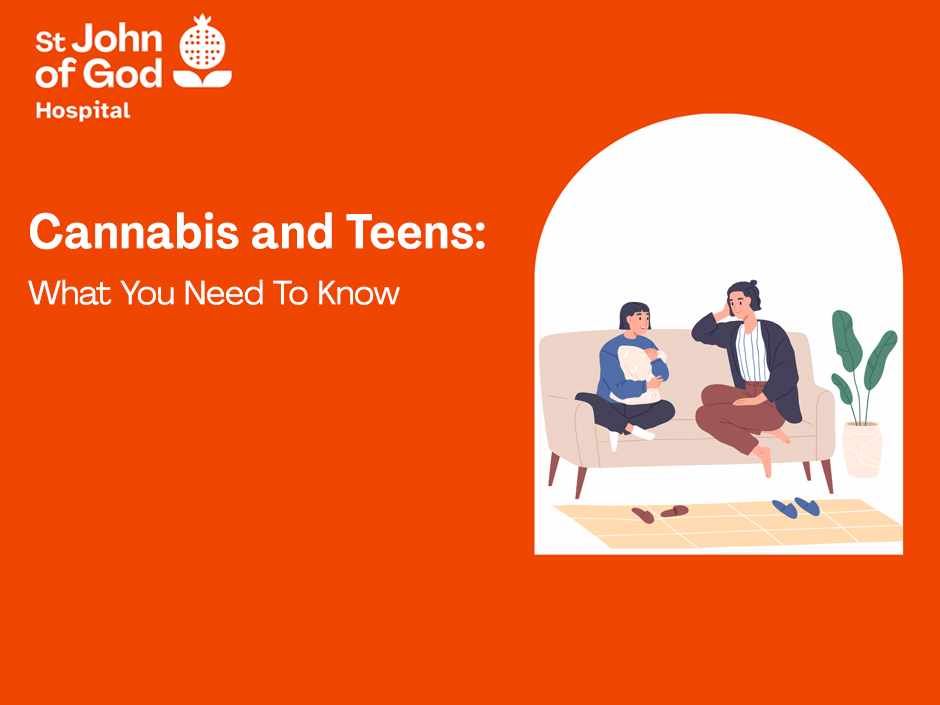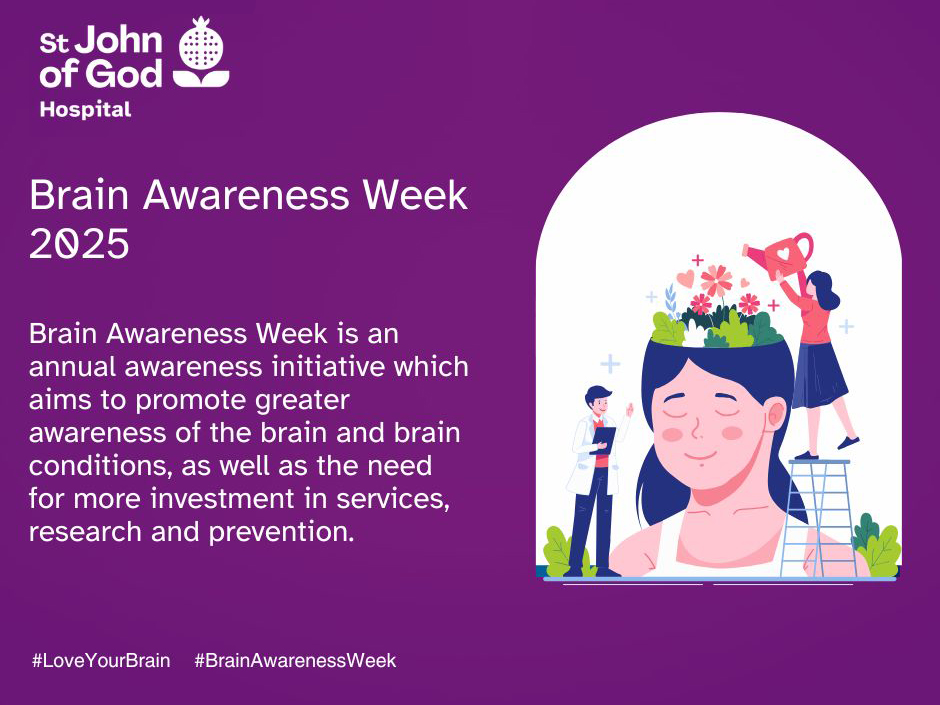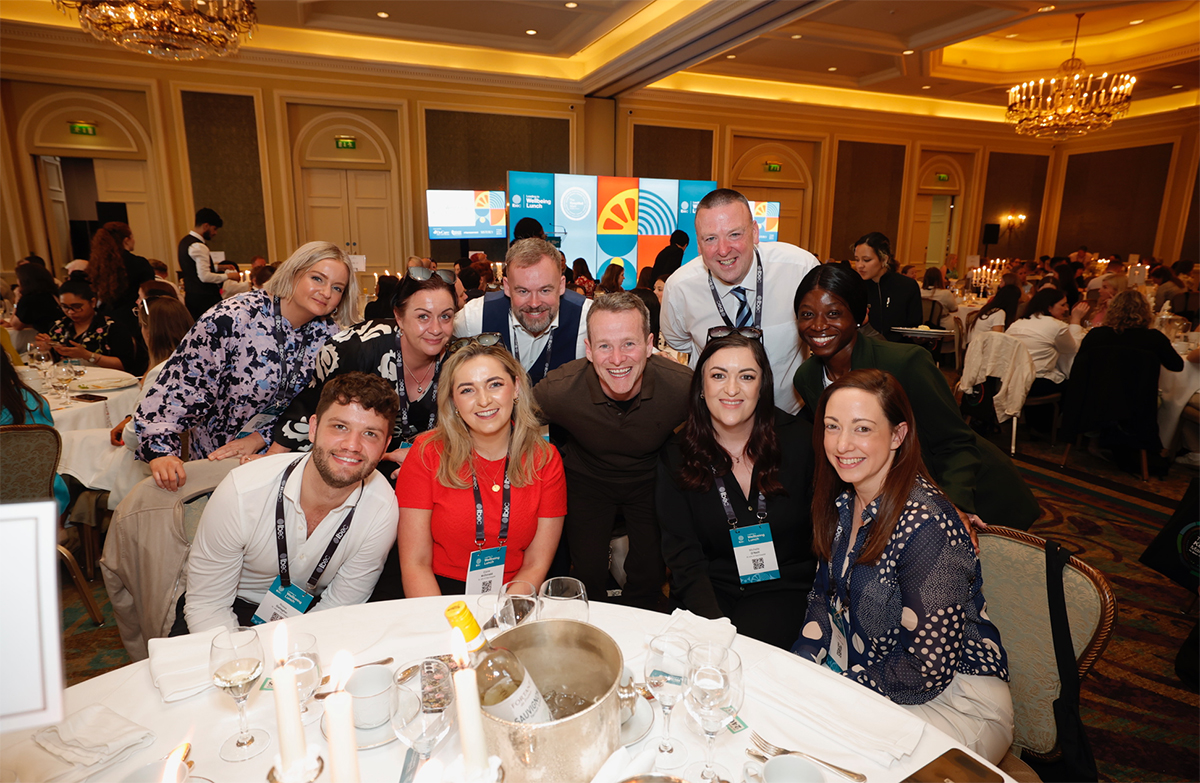Exploring practical strategies to help individuals strengthen emotional resilience for personal and professional challenges.
For most of us, a new year invites fresh opportunities, yearly goals, and professional and personal aspirations. Keeping this in mind, flexibility is often our greatest asset. As we step into 2025, adaptability and forward-thinking are steadfast in building emotional resilience this year.
Resilience is an individual’s capacity to effectively manage their energy, bounce back from stressful situations and adapt positively to change, pressure and adversity. Most people are resilient. Every person has within them the resources to face challenges, setbacks and traumatic events, even if it’s difficult to do so, most of us will adjust. We have been doing this since we were born without thinking much about it. Therefore, it is vital to lean into trusting our own abilities in finding the right solutions and ways to adjust to difficulties.
A leading authority in the field of Positive Psychology is Psychologist Dr Martin Seligman, he says that people vacillate between two emotional states: languishing (low positive emotion, low engagement, low meaning, low achievement) and flourishing. According to Dr Seligman, “Languishing is defined not by the presence of high anxiety or high depression, but by the absence of positives”— emotions, engagement, good relationships and meaning.
If you notice you are in the emotional state of languishing don’t despair, the good news is that resilience can be learnt! In the same way people go to the gym to build muscle strength & keep fit, resilience is a skill we can learn and become better at. However, it does require practice.
Resilience is not about minimising negative experiences, avoiding or denying them. This is quiet simply not possible. I invite you think of it as building positive emotions, cultivating ‘feel good’ experiences so they can act as buffers when times become more challenging. In other words, consider it as a tool box with the premise that the more tools we have in our box, the better equipped we are when things get tough. An example of such useful tools includes the following and can be adapted to fit into your everyday personal routine.
- Taking sixty seconds out, morning and evening, can help you to become more mindful, increase productivity, and encourage you to focus on the things you can control that will make you happier each day. You can journal in this time, name things you are grateful for or write down what will bring you joy today
- Minimise unnecessary sources of stress – e.g. a ‘news blackout’ for a few hours or days can work wonders for your mind. vStay connected with others and nurture relationships that matter. Social connections are very important to maintain positive energy, health and overall wellbeing.
- Engage in behavioural activation. This can be physical activity, like exercise, it can also be any activities that gives you a sense of control and action. Types of activation include dancing, deep breathing, painting, drawing, doing jigsaw puzzles and relaxing your muscles can all be types of activation.
- Learning a new skill or refreshing an existing, but old skill, can give you a sense of empowerment. You might put aside time to play more guitar or use an app to learn a language. ‘Little and often’ is better than ‘a lot and infrequently’ – the aim is to generate many sources of satisfaction
- You might create a self-soothe kit to help turn down the intensity of anxiety and ground yourself. Include something for each of your five senses: something visually pleasing, pleasant smells, and items to feel and touch, pleasant sounds, and something appealing to taste.
Importantly, tools supporting emotional resilience in the workplace can support prevention of burnout. Burnout can take away confidence, clarity, and joy from the work you do. The following practical strategies can help alleviate overwhelm, optimise maintaining balance, well-being, and personal fulfilment.
Take a moment in the day to check-in and notice thoughts and feelings. How we feel profoundly influences how we perform. Notice your physiology. Maintain your energy for the day through good nutrition, getting restful sleep, take time to do a small amount of exercise, rest and relaxation. Set reminders to take regular breaks. You can use the breathing exercise below as a guide to manage stress and restore calm.
Paced breathing
Take a minute to focus on your breath. Paced breathing is a deep-breathing technique that involves intentional, slow breathing. Here’s how:
- Breathe in through your nose and out through your mouth.
- Inhale slowly and deeply, until your lungs fully inflate.
- Exhale just as slowly, until your lungs empty all the way.
Another tool is minimising negative thoughts caused by stressful situations, this will improve resilience and can lead to better self-care overall as well as more effective behaviour. Be mindful of falling into anxious thinking, or thinking traps such as;
- Black-and-white thinking: Assuming everything is perfect or wonderful, or everything is terrible
- Catastrophic thinking: Expecting the worst possible outcome and believing you won’t cope if that outcome occurs
- Predicting the future: Imagining you know what will happen far into the future
How to avoid these traps
- Catch yourself: Notice when you are getting caught up in a trap. You might start feeling sad, panicked, or hopeless.
- Be more realistic or holistic about your thoughts: Ask yourself, what’s an alternative way of looking at this or thinking about this, what would someone else say about the situation. Consider linking in with colleagues and your manager to ascertain alternative ways to think about a situation.
- Use a coping mantra: Come up with a phrase to help you answer your worries. You might try, “I’m doing the best I can, and I’m going to be OK.”
Finally, connect in a meaningful way to colleagues. Ensure you have breaks built in to your working day. Social connections are very important to maintain our positive energies, health and wellbeing. Ensure that you take holidays and weekends away throughout the year and find somewhere that increases your energy and allows you to clear your mind of work pressures.
Dr Angela Mullins
Senior Chartered Counselling Psychologist
CPsychol MBACP BPS M.Ps.S.I. HCPC








